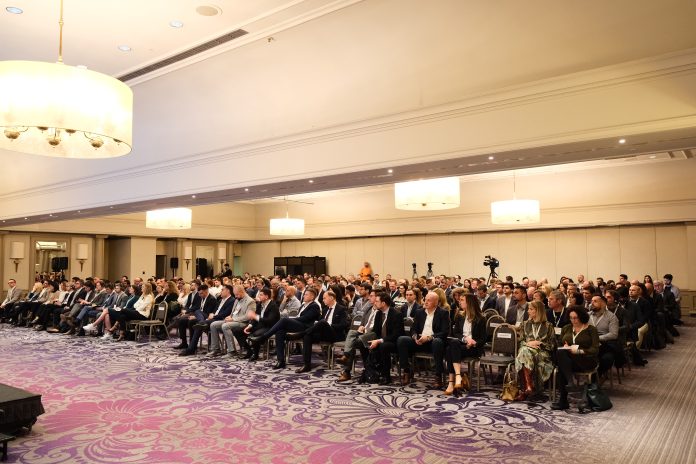Today at the Second Regional RE-Source Croatia conference dedicated to the development of Power Purchase Agreements (PPAs), discussions focused on how to green and at the same time enhance business operations to ensure a sustainable and secure future for the entire community. This year, the conference again brought together over 300 participants from Croatia and the region.
A Power Purchase Agreement (PPA) is mutually agreed upon by those who produce energy from renewable sources and those who need that same energy, or more specifically, a company that owns a wind farm and a factory that will use electricity from the said wind farm for its production. In Europe, such contracts are common and Croatia strives to be as close as possible to what the EU defines, highlighted Maja Pokrovac, the managing director of Renewable Energy Sources of Croatia (RESC).
Annie Scanlan, Policy & Impact Director at the European RE-Source platform, praised the growth of signed PPA contracts in Europe last year, a 40% increase from the previous year with 10.4 GW of new renewable energy capacities achieved. This unquestionably indicates an increasing demand for renewable energy sources among European companies. She added that the sectors of the largest corporate buyers of renewable energy in Europe in 2023 were led by heavy industry, followed by ICT, retail, telecommunications, and engineering and technology.
These contracts are a tool for Croatia to stop importing electricity. They are also important because, due to the large amount of renewable energy at certain times of the day and the large capacities that will be installed in the field, we will have to have an adequate market response in terms of pricing, reminded Ivo Milatić, State Secretary in the Ministry of Economy and Sustainable Development (MINGOR), highlighting that in the new design of the electricity market being prepared by the European Commission, PPA contracts will be an integral part of the legislative solutions that we will also transpose into our legislation.
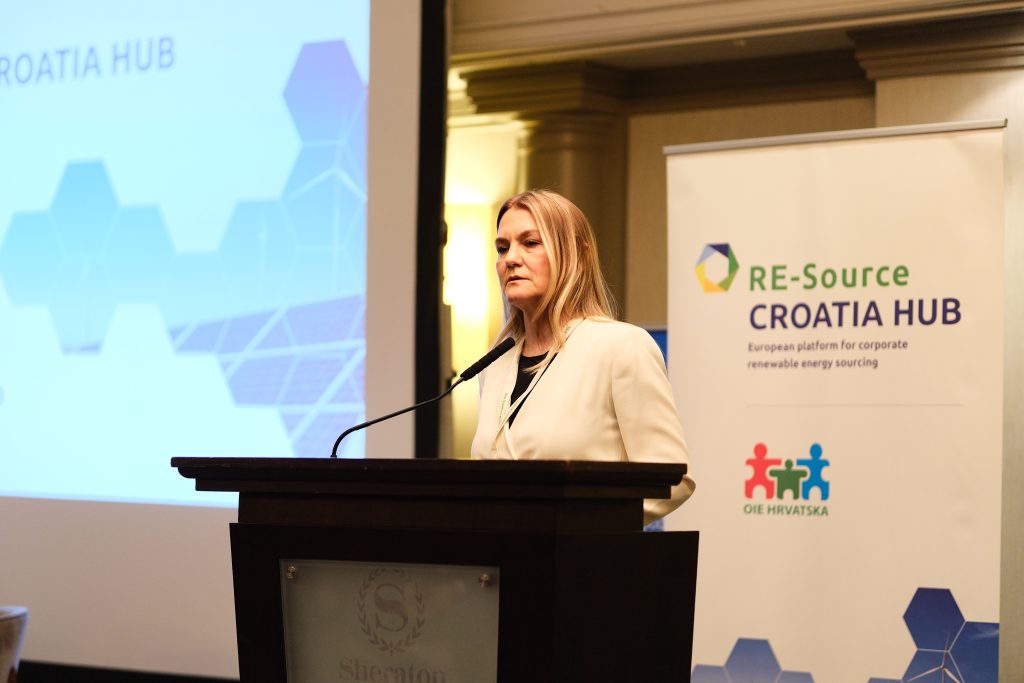
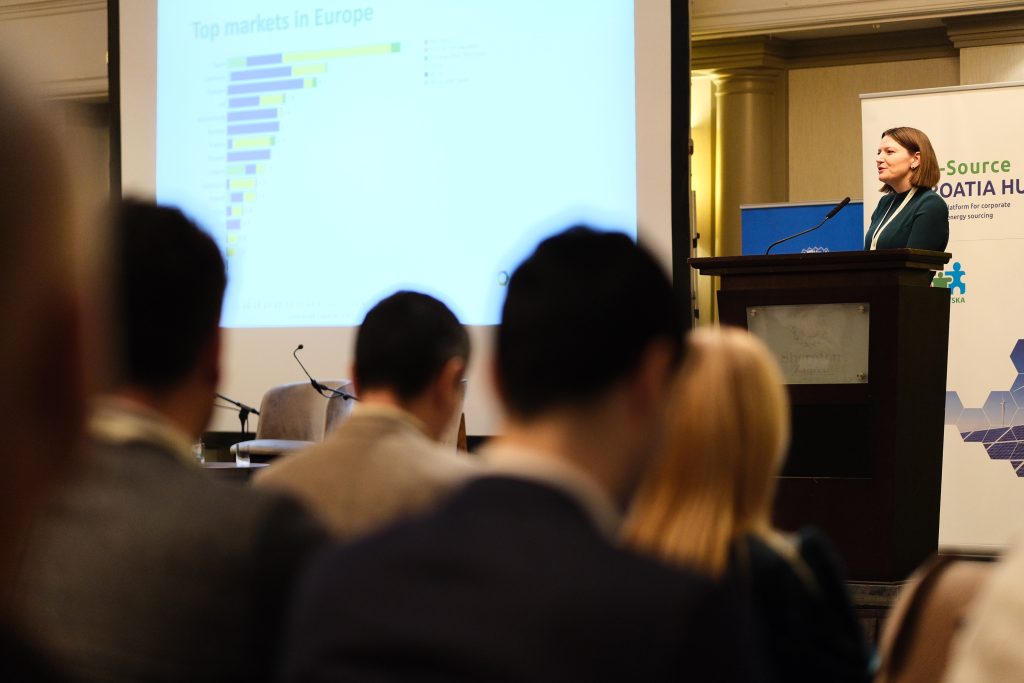
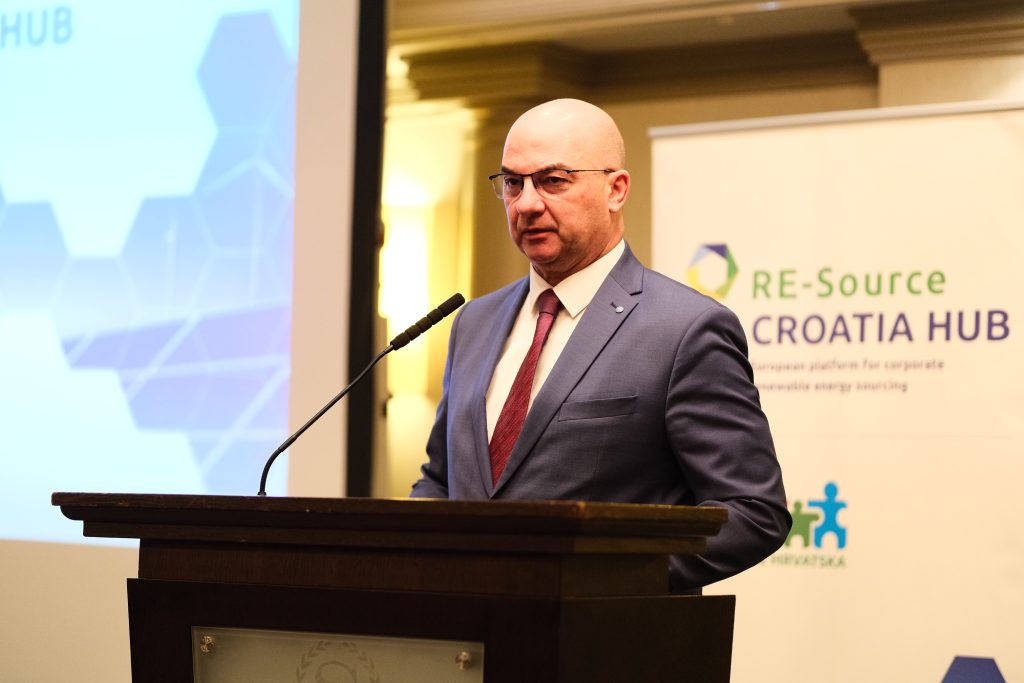
Dries Acke, Policy Director at SolarPower Europe, presented what the new reform of the electricity market in Europe will bring. PPA contracts are the path to stable energy sources that can also be shared in the future, he said, citing an example of how solar panels were installed on a football stadium in Portugal, with electricity being shared with the surrounding population.
The first panel discussed the new Rules for Organizing the Wholesale Electricity Market, which brought the Regulatory Framework for Electricity Purchase Agreements closer. It was concluded that the new rules would also bring some new opportunities, such as negotiating the sale of electricity without the mediation of a third party, although it is not entirely clear how this will work in practice. Also, there remained restrictive rules regarding hybrid models, but the most important thing is still to get the system started and to improve it over time according to market needs continuously.
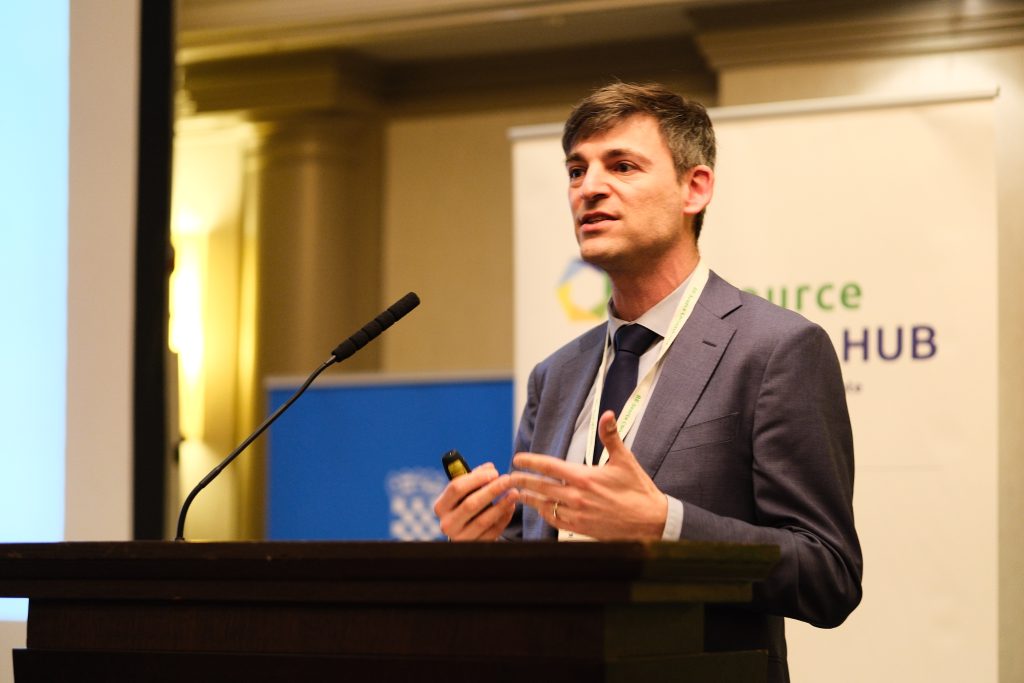
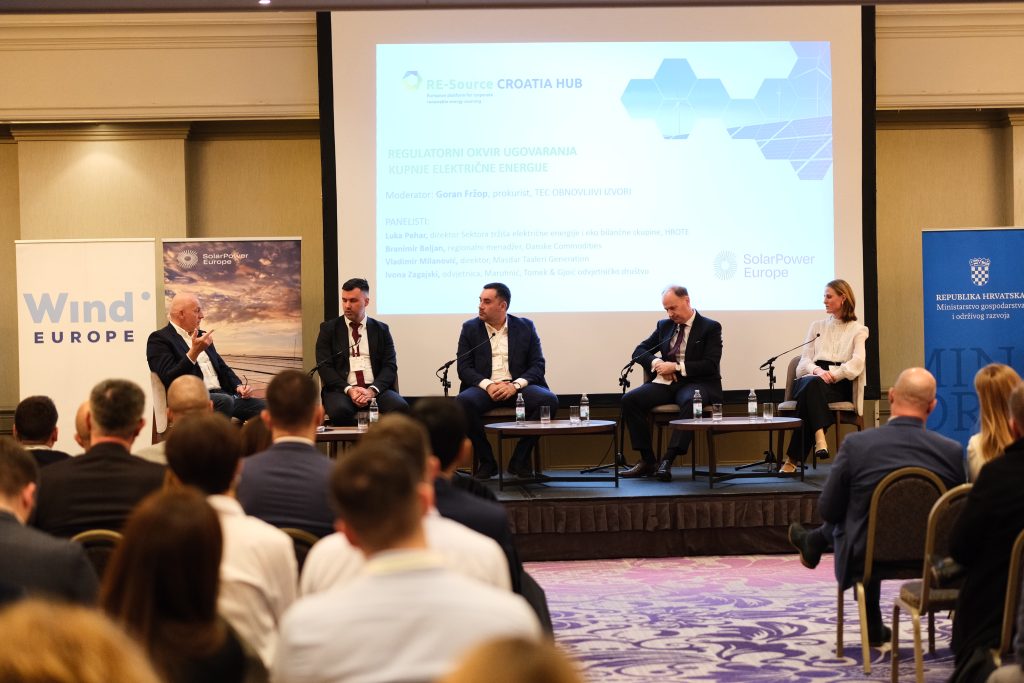
Guy Brindley, Head of Market Intelligence at WindEurope, introduced the second-panel discussion by reflecting on different PPA market models. He explained that a company does not even have to be on the same network as the producer to sign a PPA contract, which is an excellent scheme for cross-border PPAs. For example, electricity from solar panels in the sunny part of Europe can be used in cloudy northern England. This is a standard model for America, but not yet for us in Europe, Brindley clarified.
The challenges producers see in signing PPA contracts were presented in the second panel on different perspectives in contracting the purchase of electricity from renewable sources. A survey conducted among power plant owners showed that the first challenge in signing PPAs is the too-low price that companies seeking energy offer, a lack of energy volume that can be offered on the market is in second place, while the lack of management competencies to negotiate a PPA contract at all is third.
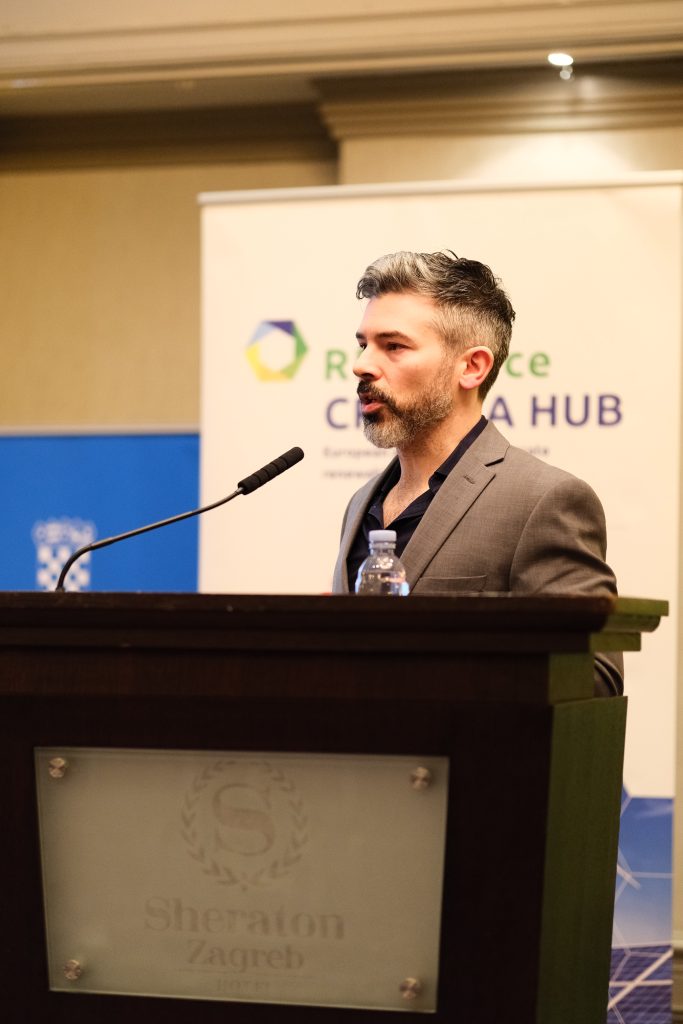
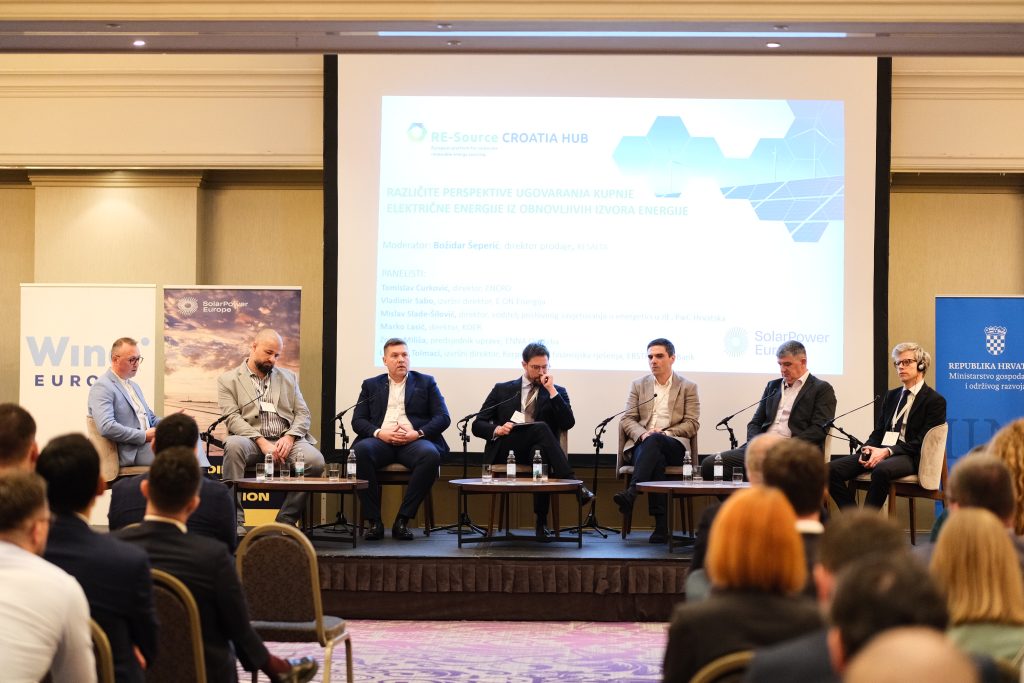
Jos Tuinenburg, Standard Compliance Manager from The I-TRACK Foundation, spoke about the role of guarantees of origin within the strategy towards decarbonization. A PPA contract without a guarantee of origin is not a “renewable PPA,” Tuinenburg explained, highlighting that HROTE in our country is the one that gives the guarantee of origin of energy.
The same topic was discussed in the last conference panel, where experts answered questions about what guarantees of origin are and their importance in decarbonization. Guarantees of origin involve registering each megawatt-hour on the network, and customers receive a guarantee that their energy is renewable. It was concluded that the system is not yet sufficiently recognized, and as an improvement to the system, simplification of the cancellation process was proposed, thus opening the market to other players, i.e., its liberalization.
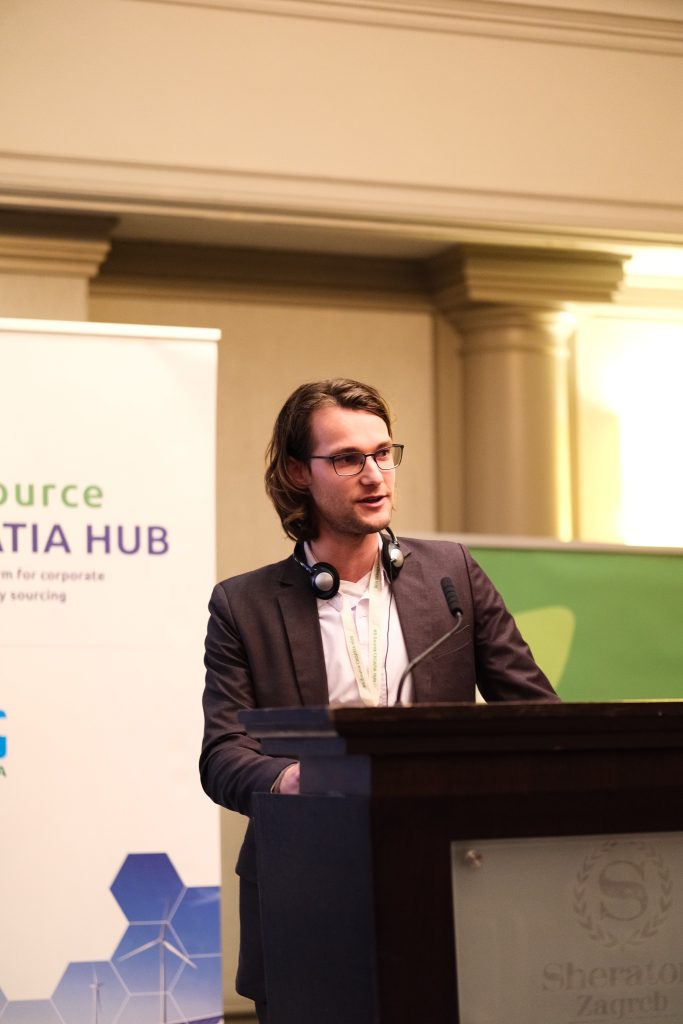
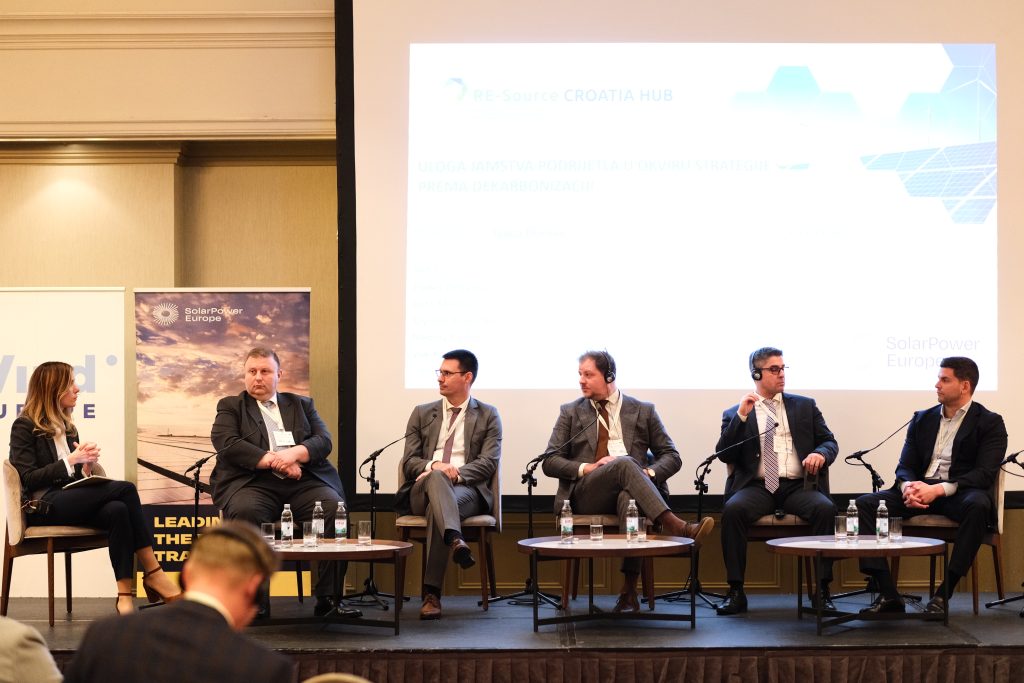
The RE-Source Croatia 2024 conference concluded with B2B meetings between participants, and we believe agreements on future PPA contracts in our country were reached.


